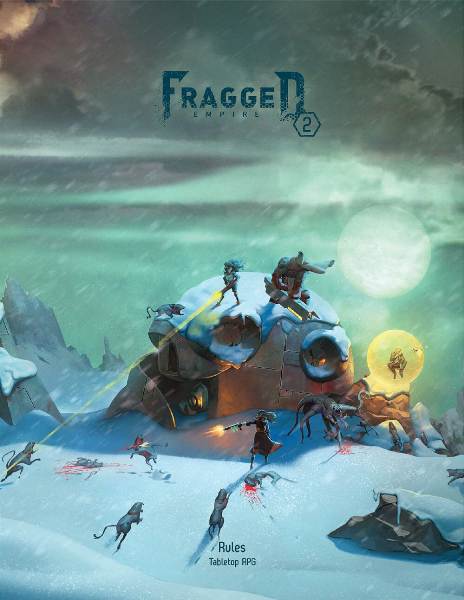Mile Wide, Inch Deep: Bards, Part 3
By Cape Rust
We have spent the last few weeks discussing bards, and yes I have gotten long winded as bards are apt to do, but I figure we might as well do this right. Last week we discussed the “type” of party that a bard might fit into. OK, I mostly went into using PC bards in that role that you, as a GM, normally reserve for that one NPC who knows things and helps the party move through the obstacles you throw at them. Now I will discuss the different types of bards your players might want to play, I have already touched on the skald and bardbarian, so I’ll move onto other bard types.
Before talking about different types of bards, it is important to think of bards in terms of their skill sets. It is difficult to play a bard who likes to liberate items from other people without having some skills or abilities in picking pockets, climbing, sleight of hand, stealth, and the ability to hide. Every game system has a different way of dealing with this stuff, as a GM you need to find out what kind of bard your player wants to play and ensure they choose the skills that will help them play that type of bard. Most players know what skills they need to pull off their character concept, but not all do; try not to make assumptions. If you do encounter a situation where a player has chosen the wrong skill set for their concept, and don’t realize it until two or three sessions in, let them change the skill set, but only let them do it one time and remind them they owe you one; cue the snitch!
Now we can get to different types of bards. I will try to give them clever titles to make them sound cool, but as readers you know how often I fail in those regards. We start with the “sneaky, sneaky” or charismatic thief. This is the bard who is almost exactly like your thief, but is a people person. This is the kind of bard that will talk their way into a party, sneak away in the middle of it, and steal a bunch of stuff from fellow party goers and their hosts, and escape by bluffing their way out. Sounds a lot like the kind of stuff another class or type of character might do, but they tend to do it in the dark, not right out in the open, with flair. Bards tend to have enough of a variety of skills to pull something like this off. If your players have both a bard and a thief in the party, and the player playing the bard wants to be sneaky; then have them talk and they might be able to spread out the skill sets between the two. Or as a GM you can quickly turn this into a friendly rivalry for some interesting plot hooks. Getting that type of daring duo caught red handed in the middle of a heist and having them try to escape is good for several game sessions. This type of bard can act as the parties “faceman” or do a bit of the ol’ five finger discount. Where this type of bard falls way behind the normal thief is the ability to sneak attack or backstab people. Less damage and this type of bard still isn’t as good as the character that specializes in those nefarious activities.
The last type of bard I’ll discuss this week is what I call the seeker of the song. This bard is a performer, but a very different type of performer. This bard is always looking for the next story, song or muse; gold and magic items are not as valuable as knowing that the king in the old wives tale actually wore blue to the ball where he was killed by his children, not red. As a GM, this type of bard is one of the most fun to have around your table. These bards can be rewarded with in-game knowledge and, if your player plays them right, can quickly dispel some people’s images of the worthless, lazy bard. I have most often seen this type of bard played as more tolerant of characters who embark on quests, because they share the desire to find and share something greater than themselves. This type of bard tends to get along just fine with the paladin or the cleric, because they believe in something. It might be a different kind of faith than their divine brethren, but it is still faith. As a GM, look for the right player to play this type of bard; don’t just throw this type of bard out to any player, find a player who will embrace the concept and follow the quest. Find a player that normally plays a support type character; they excel in this role more than other bardic roles. This bard tends to interact with the public, perform on the streets and gives more than they get.
It looks like next week will be more types of bards, then who knows, I might actually cover some of the other topics I said I would. Be safe and may you confirm all of your crits and may your dice explode like mice and rabbits.


